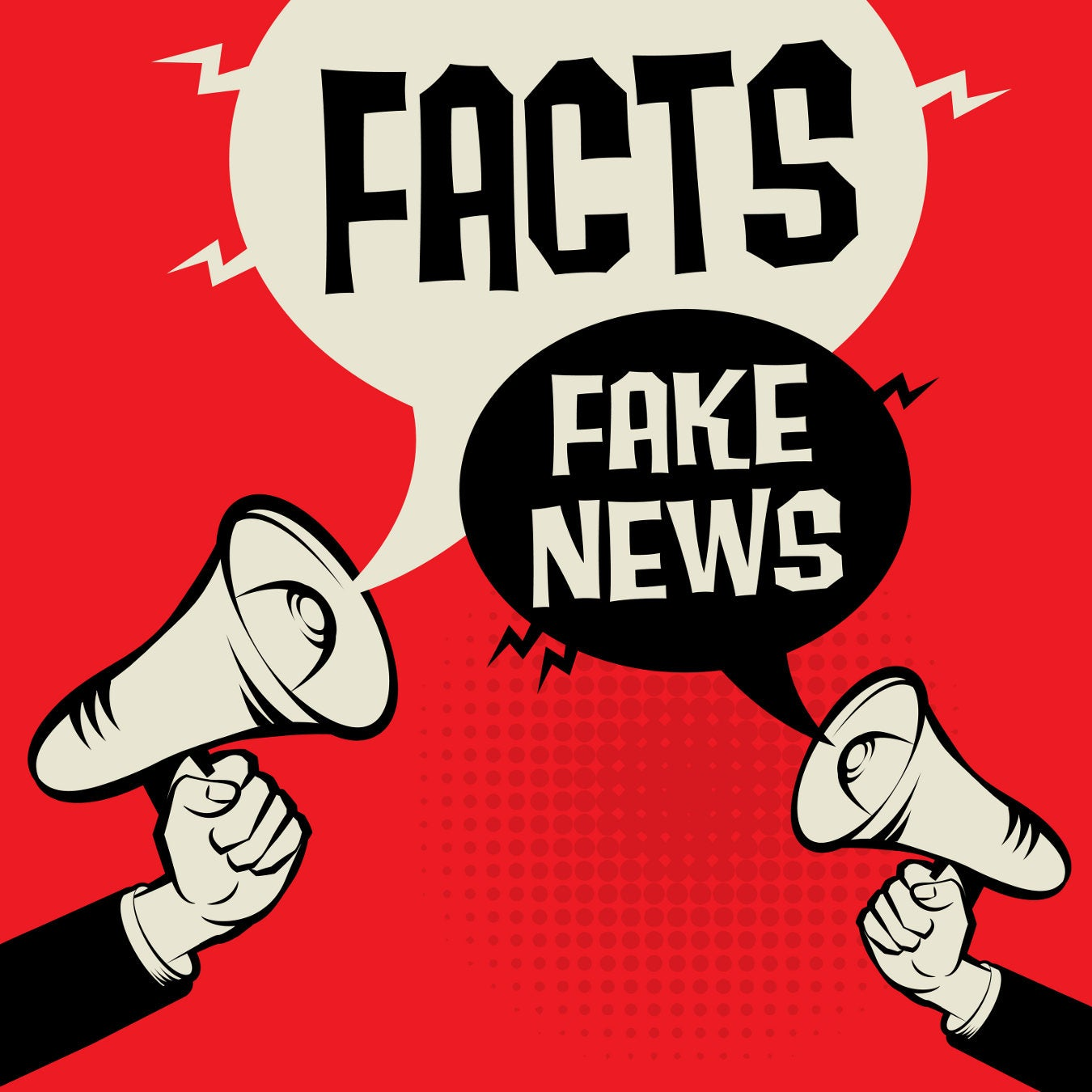
Introduction
In this current situation where the whole world is connected through the internet, getting or posting misinformation is not a big deal. Nowadays, when data is an asset and information is the director, this is a very vulnerable situation. Being informed with false information may lead to very serious consequences and in some cases, it can also emerge as public rage and confusion. Therefore, it becomes very important for us to lead to correct information so that we can stay aware and keep ourselves away from these confusions.
—
How to Get the Correct Information
Cross-check Multiple Platforms:
The best layman way to check the authenticity of information is to verify it with different platforms and trusted sources. If the message is false, it may be altered in other sources or may not even be present in trusted ones.
Leverage the Power of OSINT:
The power of Open Source Intelligence (OSINT) is usually underestimated. It is a very powerful tool in these cases. It can help verify information and provide more accurate and detailed insights. Always note the particulars and research them to verify the content and understand it deeply.
Use Trusted Sources:
Always seek information from trusted sources. Government-initiated or verified information platforms usually have accurate data. It is better to rely on these rather than unverified sources.
Don’t Trust Social Media Blindly:
Nowadays, spreading misinformation on social media is very easy. Be cautious and avoid believing anything on the internet without verification.
—
Benefits of Getting Correct Information
Better Decision Making:
Accurate information helps individuals and organizations make informed decisions in critical situations, such as emergencies, health issues, or public policies.
Avoids Panic and Confusion:
Reliable information prevents unnecessary fear, confusion, and public outrage that often arises from fake or misleading news.
Promotes Awareness and Education:
Authentic information enhances general awareness, improves learning, and contributes to a more knowledgeable society.
Strengthens Trust in Institutions:
Verified information strengthens public trust in media, government, and other important institutions.
Reduces the Spread of Fake News:
By promoting and sharing only verified content, individuals can help minimize the spread of false or misleading information.
Improves Online Safety:
Recognizing what’s true and what’s not protects users from scams, phishing, and other cyber threats that rely on misinformation.
—
Conclusion
In an era where misinformation can travel faster than truth, it becomes essential to stay vigilant and responsible about the information we consume and share. The ability to differentiate between false and accurate information is not just a skill—it’s a necessity.
By cross-checking facts, relying on trusted sources, and leveraging tools like OSINT, we can ensure that we are not victims of misinformation but responsible citizens who value truth and awareness. Staying correctly informed not only benefits us individually but also helps build a well-informed and stable society.